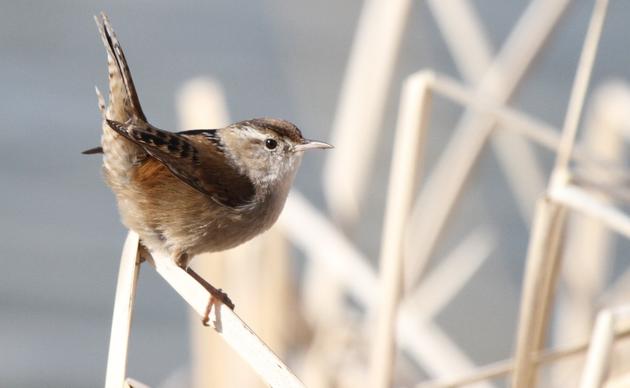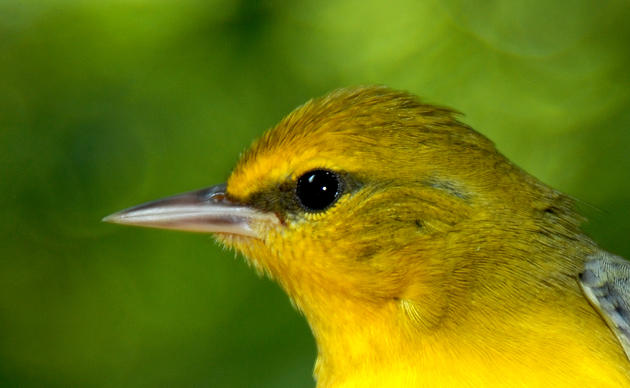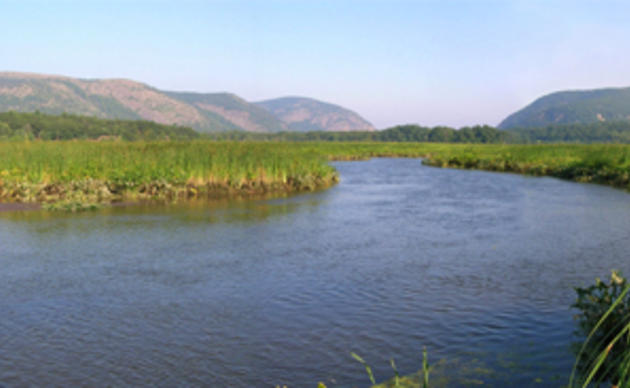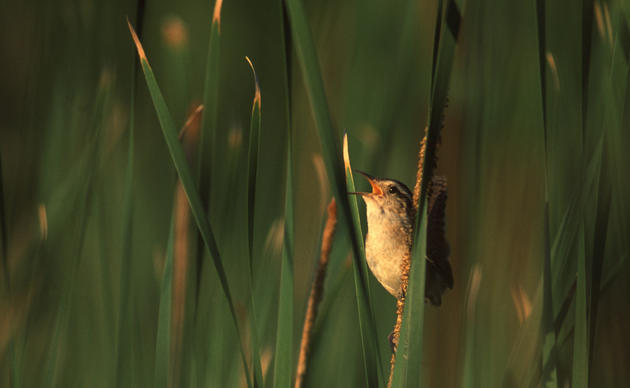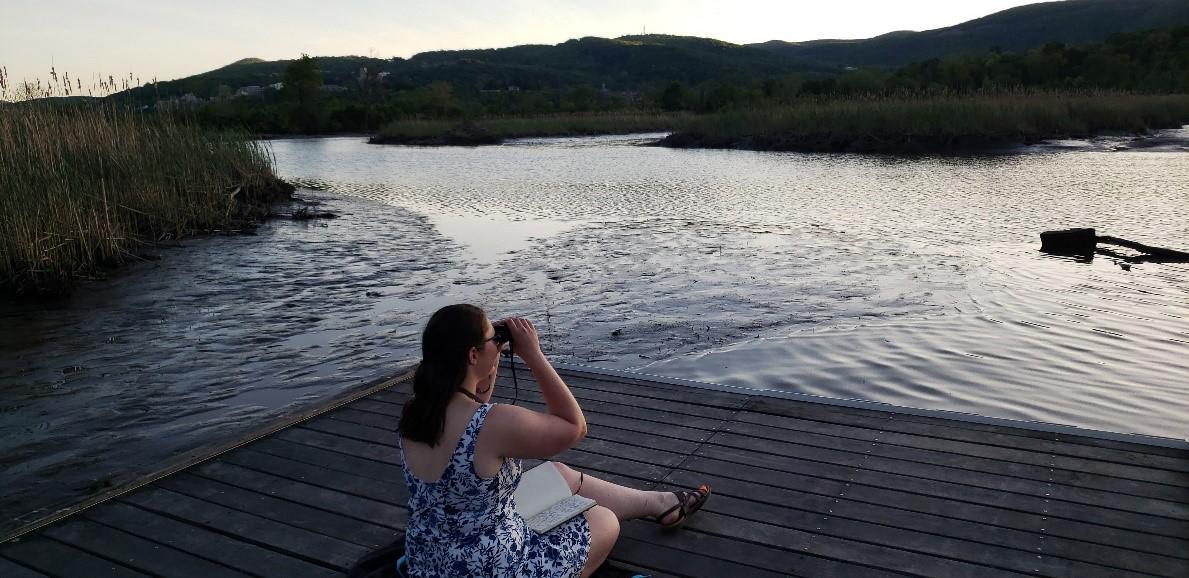
I have an anxiety disorder.
Managing the symptoms of any mental illness is challenging and requires continuous surveillance. It’s an illness that I have to be aware of everyday, not just for the past month of May, which was Mental Health Awareness Month.
So, what helps?
Since I started my position here at Constitution Marsh Audubon Center and Sanctuary, I have only had one panic attack. I used to have one a week.
That’s not to say I’ve been without stress, which is a major trigger of symptoms for anxiety disorders. I’ve been juggling personal and familial struggles, financial burdens, an increased workload as we head into summer, as well as thinking about what my life is going to be like when I finish this internship. Though I face stressors, symptoms of my mental illness have dwindled considerably in the five months I’ve been here. Besides my usual meditating, baking, and reading, I owe my health to living and working in a green space and to a newly discovered passion: birding.
When I began this internship in January, I knew very little about birds. What I now know, I learned on the job. It wasn’t until I started to lead students on bird walks that I fell in love with birds. Both the kids and I would become awestruck at a new sighting or when we would hear a strange call. Their curiosity has driven me to now be able to identify most bird species in the northeastern United States. The guided bird walks have inspired me to go birding in my free time, almost every morning or evening, and it is now so much more than just seeing a bird.
Birding is going out to the open wilderness, taking each step slowly, carefully and quietly. I stop for a moment and let the world around me fill in the silence. Letting myself take these small moments to observe and appreciate the world around me has really helped me feel better and ease the symptoms of my anxiety.
Sometimes, I bring my journal and write about what’s on my mind or what I see. It helps me process how I’m feeling and better understand new perspectives of my own life and the life around me. It’s meditative as well as appreciative and respectful of nature. Before I started birding, I was mindful of what was happening around me in nature but this activity is a gateway that makes me really pay attention. The stillness and the slowness grants me the privilege to witness little aspects of life I wouldn’t have before.
The benefits I receive from spending so much time birding in a natural area has made me realize how much conservation and mental health can go hand in hand. According to the National Institute of Mental Health, an estimated 31.1% of adults in the Unites States have anxiety. It is not just an illness that I struggle with. It’s a common issue and there is a common remedy- nature. A study lead by Gregory N. Bratman from Stanford University found spending time in nature decreased anxiety and improved memory function. It’s great knowing that green spaces can be so beneficial, but it also makes protecting these areas an important part in protecting our mental health.
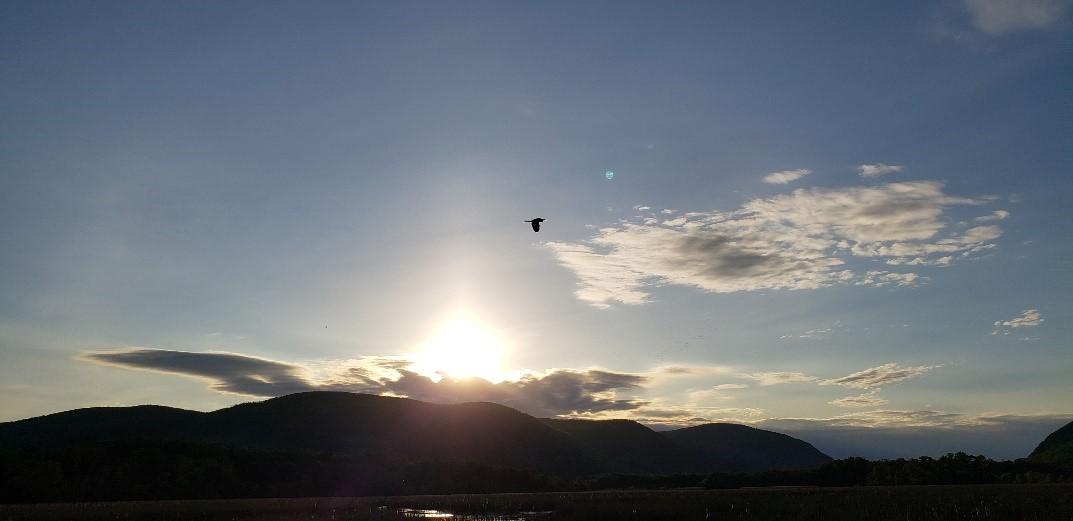
I have always used the outdoors as a sanctuary and I’m sure other people have too. It would be shame if we lost the natural areas that can heal us so greatly and profoundly. Navigating my anxiety disorder without these spaces - those that make me slowdown and breathe - would be very challenging. Luckily, I live and work in a place that is made up of wildlife and uses all of its power to make sure natural areas are preserved.

By Jessica Andreone, Student Conservation Association, AmeriCorps member
Support Constitution Marsh
Together we can protect birds, their habitats, and the future we share.

